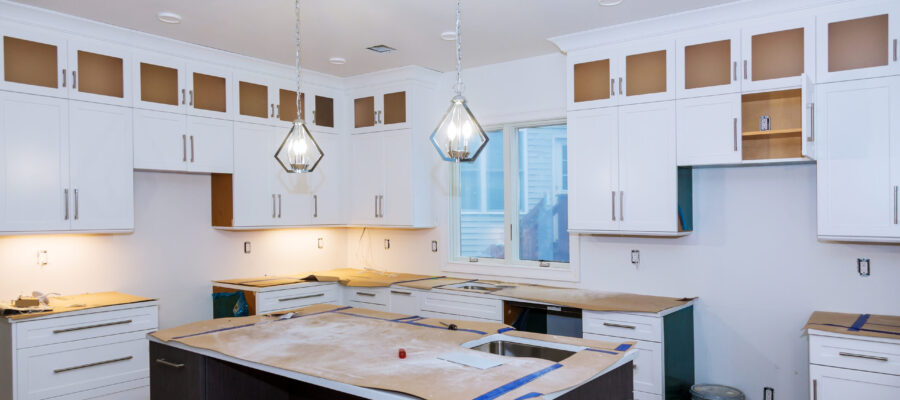Embarking on a home remodeling project is an exciting endeavor. It’s an opportunity to enhance your living space, add value to your property, and create a personalized environment that better meets your needs and preferences. However, careful planning is essential to ensure the best possible outcome. In this article, we’ll discuss four key aspects to consider before starting your home remodel.
Selecting the Right Professionals

Selecting the right professionals is crucial for a successful home remodel. A reputable and experienced contractor is the key to ensuring your project runs smoothly and aligns with your vision. Begin by seeking recommendations from family and friends, and conduct thorough research online—read reviews, compare quotes, and look for any red flags or warning signs. You’ll want to ensure that you find a quality home improvement contractor with experience and expertise.
One way to simplify the process is by working with a resource like alphaliving.com. You can enter some information about your project and your location to be connected with qualified professionals in your area. You can be connected with trusted home improvement contractors near you for everything ranging from windows and roofing to bathroom and kitchen remodeling and more.
Evaluating Your Goals and Budget

Before diving headfirst into your remodeling project, it’s crucial to evaluate your goals and establish a realistic budget. Determine what you want to achieve with the remodel and how it aligns with your longer-term plans for the property. Are you remodeling to improve functionality and aesthetics, or is it an investment strategy to increase the value of your home? Understanding your objectives will help you make informed decisions throughout the process.
Next, create a realistic budget for your project. Take the time to research how much the work is likely to cost, seek quotes from multiple contractors, and plan for a contingency budget to cover unexpected expenses. Keep in mind that the cheapest option isn’t always the best—for example, quality materials and craftsmanship may cost more upfront but could save you money in the long run by reducing the need for repairs and maintenance. Remember to consider not just the initial cost but also the ongoing expenses, such as utility bills and property taxes. Consulting a financial advisor may be useful in helping you set a budget that is both realistic and attainable.
Design and Functionality

When planning your home remodel, it’s essential to consider both design and functionality. A well-designed space should not only reflect your personal style but should also improve the way you live in your home. Collaborate with a professional contractor to achieve the best design to suit your needs and preferences.
Identify areas in your home that require improvement or better utilization, and brainstorm solutions to enhance these spaces. Keep in mind the practicality of your design choices, and prioritize features that will improve everyday living. This might include adding storage, incorporating energy-efficient appliances, integrating smart home technology, or upgrading outdated fixtures. Don’t forget to consider accessibility and the potential future needs of your family.
Obtaining Permits and Adhering to Regulations
Lastly, ensuring your home remodel complies with local building codes and obtaining the necessary permits is crucial. Check with your local building department to determine which permits will be required for your project, and enlist the help of your contractor or architect in this process if possible. Failure to obtain the appropriate permits can result in fines, delays, or even having to undo completed work, so it’s critical not to cut corners in this area. If you work with a quality contractor, they will likely take care of this for you.
Some homeowners associations (HOAs) may impose additional requirements for home remodeling projects. If you live in a community governed by an HOA, consult the relevant guidelines and work closely with your contractor to ensure compliance. Failure to adhere to HOA guidelines may also result in penalties or disputes with your neighbors.
Overall, careful planning and preparation can make the difference between a successful home remodeling project and a stressful, potentially costly ordeal. By evaluating your goals and budget, prioritizing design and functionality, selecting the right professionals, obtaining permits, and adhering to regulations, your journey to a beautifully remodeled home will be smooth and successful.
